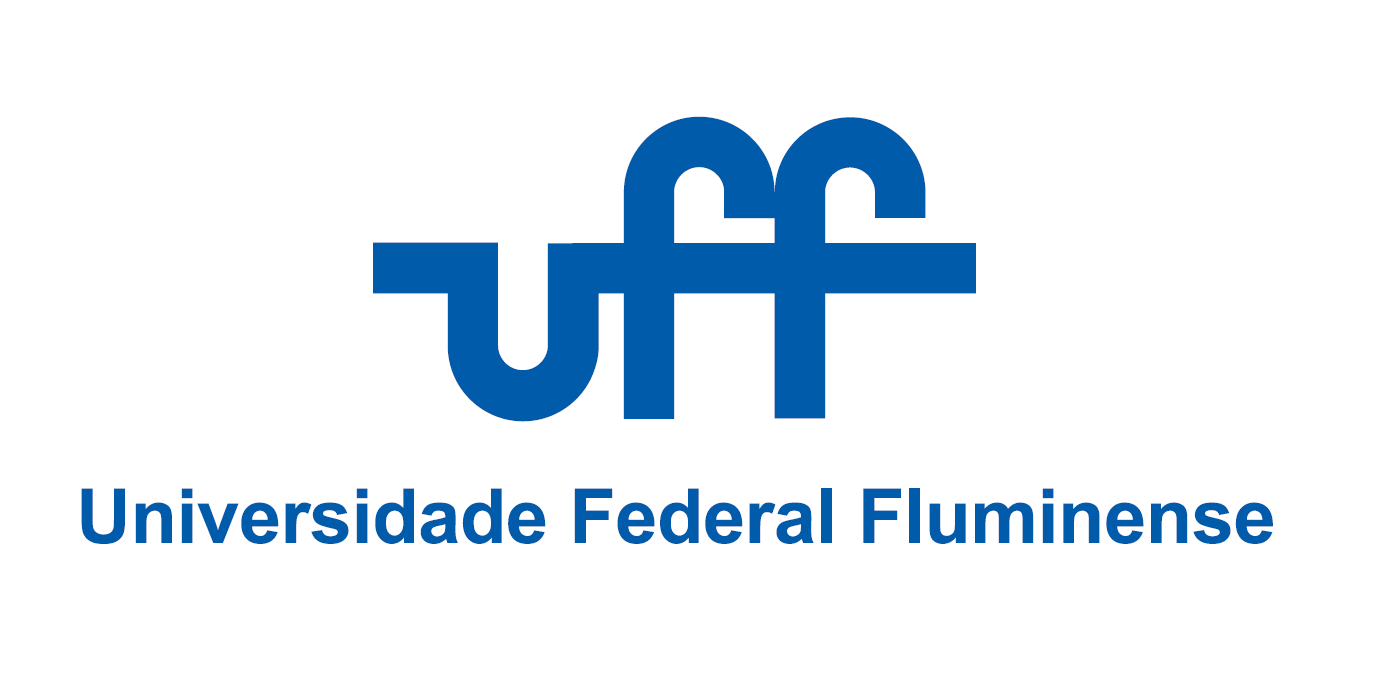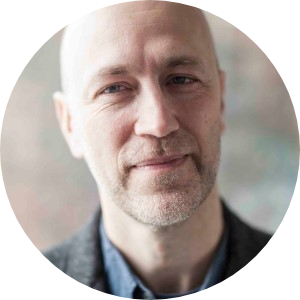
Colloquium program
August 27th
Welcome of participants and presentation of speakers
Maria Grullon - Master of ceremonies
Closing conference (summary of the first 4 days)
Eduardo Passos, Germain Poizat, Luc Ria and Julia San Martin
Hervé Breton Mediator
Roundtable
confirmed speakers:
Abdou Simon Senghor; Ana Teixeira de Melo; Ariane Quintal; Brice Favier-Ambrosini; Cael M. Cohen; Camila Valenzuela-Moguillansky; Daniel Hutto; Deli Salini; Eric Racine; Erik Myin; Ivan Magrin-Chagnolleau; Jacques Theureau; Marek McGann; Matthieu Quidu; Michel Bitbol; Miguel Nicolelis; Olivier Gapenne; Sebastjan Vörös; Shaun Gallagher; Sylvie Morais.
Debate
Photo credit: Université de Montréal
Closing speech
Valérie Amiraux (Vice-rector for Vice-Rectorate for Community and International Partnerships)
August 26th
Welcome of participants and presentation of speakers
Simon Flandin - Master of ceremonies
Enaction, Epistemology & Political Science
Jacques Theureau
Enaction and microphenomenology
Natalie Depraz
Is the ship the cause of the wake, or is the wake the cause of the ship? Towards a broad enactive approach to eLearning
Cael Cohen
Debate and closure
Break (1 hour)
Welcome of participants and presentation of speakers
Julia San Martin - Master of ceremonies
Towards a science of experience: Outlining some challenges and future directions
Camila Valenzuela-Moguillansky and Ema Demšar
Enaction in artistic training. Experience and creation
Sylvie Morais
Enactive creation and enactive pedagogy: experiments, assessment, perspective, foresight
Ivan Magrin-Chagnolleau
Debate and closure
August 25th
Welcome of participants and presentation of speakers
Letícia Renault - Master of ceremonies
Massive Experiential Bloat
Erik Myin
Going Radically Enactive: Why, and What Follows?
Daniel D. Hutto
What Does it mean to be a Reflective Scientist? The Contours of Ouroboric Thought
Sebastjian Vörös
Debate and closure
Break (1 hour)
Welcome of participants and presentation of speakers
A View of the Future for BMI Basic Research and Clinical Applications
Miguel Nicolelis
Wayfaring, Entangled, Bodies
Marek McGann
Debate and closure
August 24th
Welcome of participants and presentation of speakers
Francisco Loiola - Master of ceremonies
Pure and applied phenomenology
Dan Zahavi
The circularity of the embodied mind
Thomas Fuchs
Pragmatism in cognitive science: Before and after enactivism
Shaun Gallagher
Debate and closure
Break (1 hour)
Welcome of participants and presentation of speakers
Theoretical, methodological and practical development of a pragmatism-inspired ethics and its links to action
Eric Racine, Ariane Quintal and Abdou Simon Senghor
Individuation, through and beyond dead ends. The scope of the abductive and iconic dimensions of meaning in an enactive and semiological conception of experience
Deli Salini
Enhancing clinical intuition as second-order complex thinking: Enactivist foundations and challenges
Ana Teixeira de Melo
Debate and closure
August 23rd
Master of ceremonies
Maria Grullon
Opening speech by the Honorary Presidency
Pascale Lefrançois (Dean of the Faculty of Education)
Opening of the colloquium and presentation of the organizing committee
Francisco Loiola
Speech by the president of the scientific committee
Marc Durand
Julia San Martin
A Casual Stroll through (& around) the Worlds of Enaction
Sebastjan Vörös
Opening conference
Enactive quantum physics : Cognitive QBism (Quantum Bayesianism)
Michel Bitbol
Debate and closure
Break (1 hour)
Welcome of participants and presentation of speakers
Maria Grullon - Master of ceremonies
Enaction design: a relational engineering project
Olivier Gapenne
Interests and limits of real-time self-explanation for documenting the athlete's experience: the case of a study on quantified running
Matthieu Quidu and Brice Favier-Ambrosini
Debate and closure













































